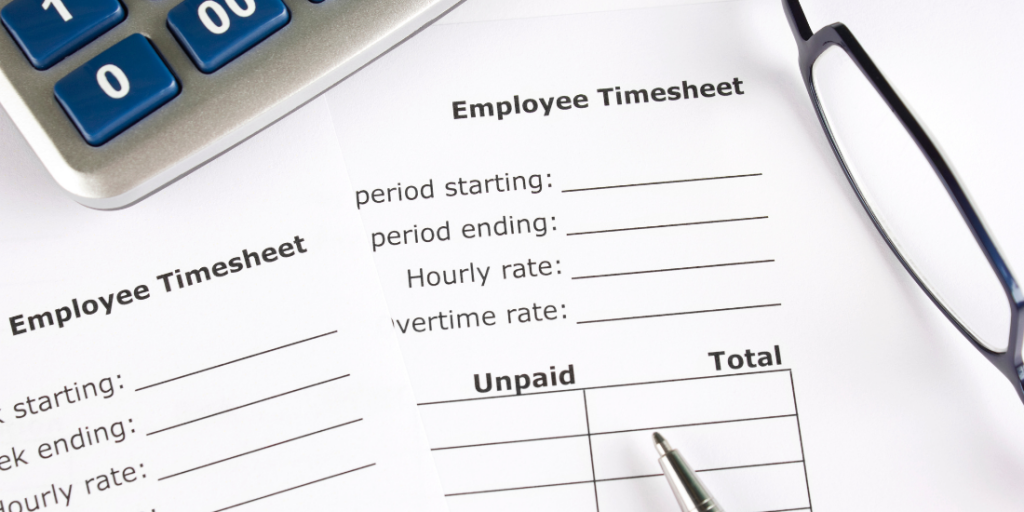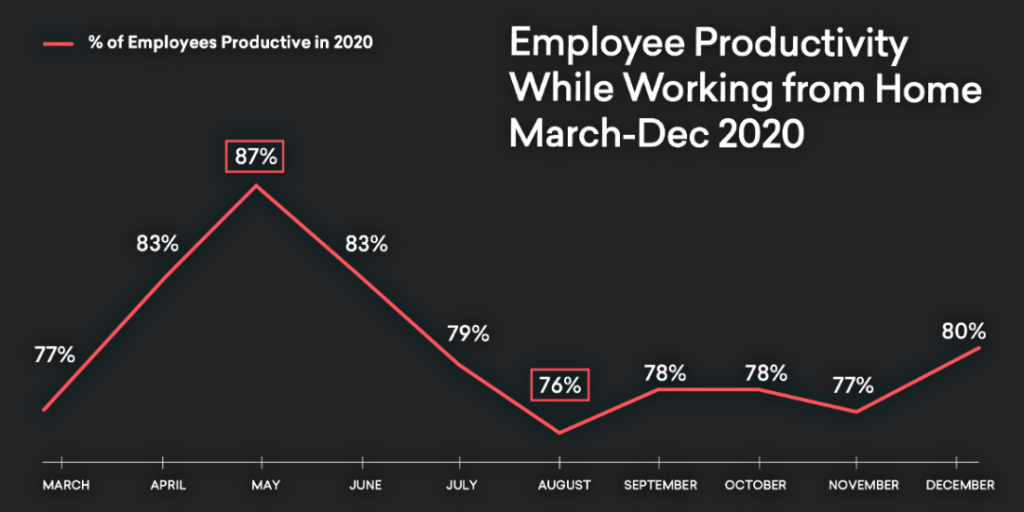Time management is at the heart of any line of work, and managing time effectively will increase productivity at work. However, it can present challenges for both employees and employers. Not everyone finds it easy to plan their time and stick to their schedule, and with more people in the USA working from home, this has the potential to be more prevalent.
As a business owner, you will be looking to increase productivity, save money and increase your profits. The world of work has changed dramatically in recent years, and on top of running your business, you may have had to adjust to managing remote workers, which can present its own unique set of challenges. Equally, remote working might be a new concept for your workforce and they may also be struggling to adjust.
One way you can make all of this easier to manage is to remove time-consuming administrative tasks that take up time and money. Technological advances mean new tools exist that make many labor-intensive tasks automated, making time tracking easier and improving work efficiency, which ultimately saves you and your employees time and money.

Time Is Money In Business
When managing remote workers, efficient employee time tracking and payroll processing methods are more important than ever, especially when the majority of your workforce may be working away from an office environment. This is where employee time clock software could be the solution. While there was an initial productivity boost for those who switched to working from home during the start of the COVID-19 pandemic, during the summer, this dipped substantially, with many claiming poor leadership was killing remote work productivity. As you can see from the data below, remote work performance suffered from May through to August 2020, only slightly picking up at the start of September. But rather than blame work-from-home distractions such as family, pets, and Netflix, it was a lack of leadership and remote work management in the firing line. Which is why there is a growing need for remote work performance software such as time-tracking and clock software.
On top of your employees’ everyday workload, they may not see filling out a manual timesheet as a good use of their time. Naturally, as an employer, you want productivity at work, but not at the cost of the financial hit you will take due to inefficient payroll processing methods. Clock software can help you claw back lost hours and revenue – let’s look at how you can use it to save money.

Clock Software Removes Human Error
According to a study conducted by AffinityLive, working ineffectively costs the US economy over 50 million lost hours and around $7.4b a day. The study also highlighted that one of the main reasons for this is relying on employees to fill out timesheets manually. ³ Humans are not infallible, and if you’re relying on humans to carry out certain tasks, mistakes will inevitably happen. Even small mistakes, like an unreadable timesheet or a payroll keying error, can add up and cost you money.
Having automated clock software removes the human element of the process and therefore removes the likelihood of mistakes occurring. However this will depend on your business implementing the software correctly in the first place. Most employees want to do the right thing and submit accurate timesheets, but even the most well-meaning employee can make an accidental mistake. On the other hand, you’ll always get the odd person who tries their luck by claiming for time they haven’t worked – clock software stops this.

Clock Software Increases Productivity
One of the challenges when managing remote workers is ensuring your employees aren’t overworking. This is an easy trap to fall into when working from home. Having clock software will save you money in two ways here. Firstly, it will reduce the amount of overtime you need to pay out. Secondly, it will ensure you have a well-rested workforce who don’t work longer than they should and take regular breaks, which will increase productivity at work.
When you have clock software in place, supervisors will be notified that employees have reached their time limit, meaning supervisors can focus on other tasks rather than watching the clock. Time tracking also allows employers to identify which employees deserve recognition and which ones might need extra support by comparing the time taken to perform certain tasks. For instance, if one employee takes four hours to complete a task that takes another employee just one hour, it could mean that the first employee might be facing some challenges. Appropriate action can then be taken to support that employee.

Clock Software Makes Payroll Less Tedious
As a business owner, you can ill afford to spend hours going through employees’ timesheets. According to the American Payroll Association (APA), it can take up to seven minutes to process just one employee’s timesheet. If you have a large workforce, that quickly adds up. This time could be better spent focusing on other areas of your business. And it only takes one small mistake that means you have to start again, wasting even more of your valuable time.
Clock software adds up the hours your employees worked during the pay period for you, saving you hours and removing the possibility of human error when it comes to paying your employees. In fact, the APA estimates that payroll automation can reduce processing costs by up to 80%. It will also give your employees peace of mind and a sense of security, knowing their paychecks will always be correct, which can’t be underestimated in these uncertain times. And to put it simply, a happy workforce is a productive workforce.

Clock Software Reduces Paperwork
Anything that reduces the amount of paperwork you have to wade through will save you hours of work time. If you’re looking to reduce paperwork, getting rid of paper-based timesheets is an easy way to do this. Filling out paper timesheets is not only time-consuming for your employees, but it relies on the human element, so it’s easy for mistakes to happen.
Paper is also notorious for getting lost or damaged – you don’t have these issues with clock software as everything is digitalized and automated. There will also be fail-safes in place to make sure the information is safe, which is far more secure than filing physical documents away in a back office. If you’re also looking to be more sustainable, eliminating paper timesheets may be a small step to achieving that, but it’s a step in the right direction. You will also see a modest but worthy saving in your stationary costs.
Having to travel into the office every week to submit traditional timesheets is not the best use of your employees’ time. Even the process of emailing a timesheet to payroll can be laborious. Advances in technology mean clock software is often cloud-based and can be accessed through an app, meaning employees can submit their timesheets wherever they are, whether in the office or at home, which is a bonus if you’re managing remote workers.
Final Thoughts
Investing in clock software for your business brings a number of benefits for you as well as your employees. You can reclaim hours that were previously taken up by a labor-intensive payroll process and use those hours to focus on other areas of your business. Clock software also eliminates the possibility of mistakes so that your employees’ paychecks are always correct and on time. That security is vital if you’re looking to increase productivity at work as well as your margins. The savings you can make by implementing employee time clock software will far outway the cost of the software itself, so if you want to improve productivity and save time and money, consider investing in clock software.























Leave a comment!